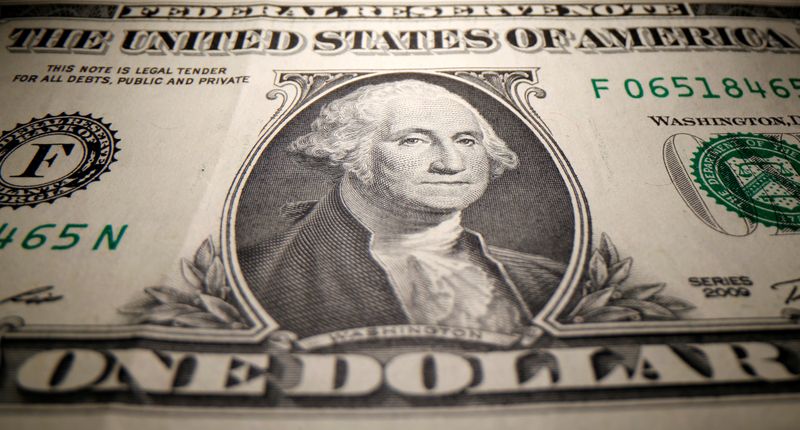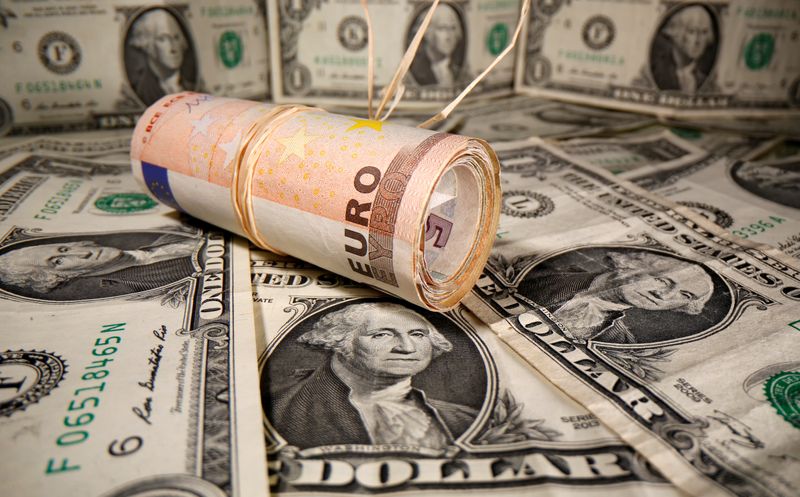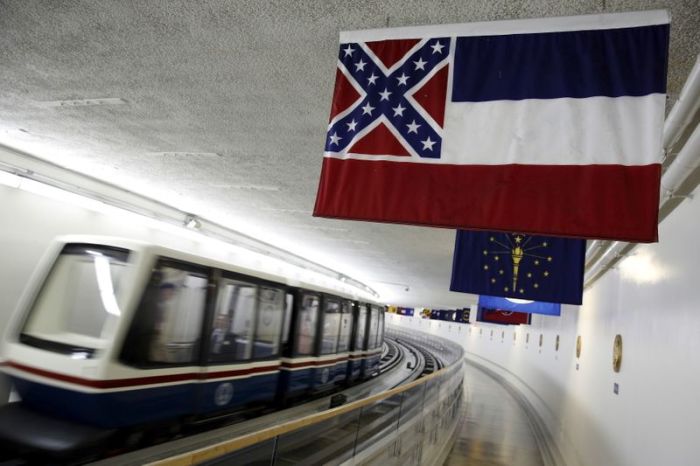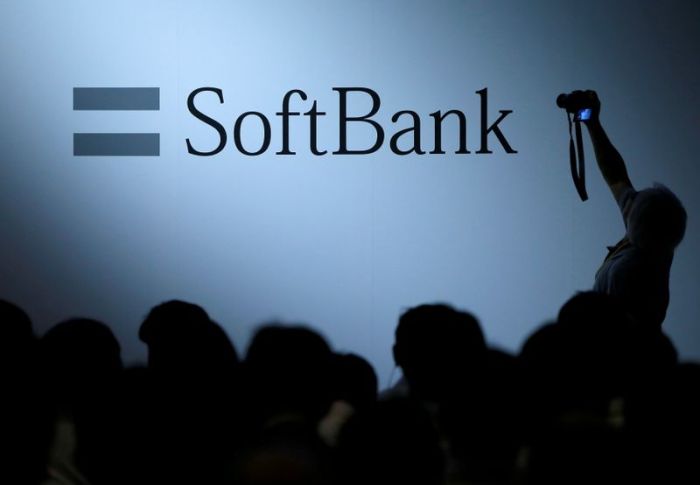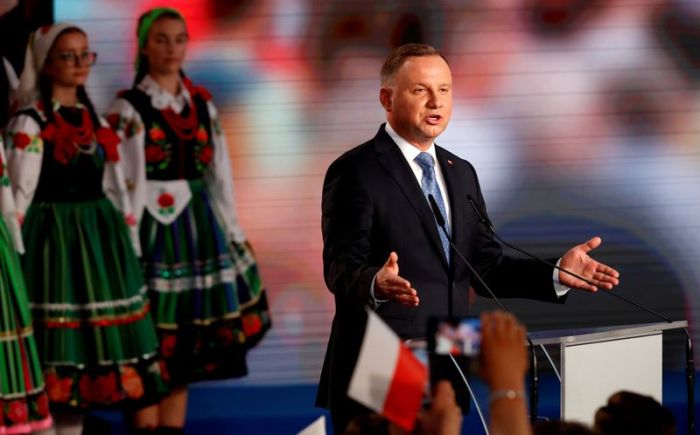NEW YORK (Reuters) – The greenback edged higher on Monday as investors positioned for quarter-end and weighed an increase in coronavirus cases in some U.S. states against improving economic data.
Thursday’s jobs report for June was also a factor in portfolio adjustments.
“It’s more or less just positioning. We’ve got just another day or so left in the month and the market’s bracing for jobs data on Thursday,” said Joe Manimbo, senior market analyst at Western Union Business Solutions in Washington.
U.S. employers are expected to have added 3 million jobs in June, according to the median estimate of economists polled by Reuters. Projections vary widely among economists, however, from as few as 405,000 jobs to as many as 9 million.
Data on Monday showed that contracts to buy U.S. previously owned homes rebounded by the most on record in May.
Concerns about renewed weakness have grown, however, as Texas, Florida and California are among U.S. states to reverse reopenings and reclose businesses such as bars to slow the spread of the coronavirus.
The dollar index <=USD> rose 0.08% to 97.56.
The euro <EUR=> gained 0.11% to $1.1229.
The euro’s 50-day moving average moved above its 200-day moving average, known as a “golden cross,” on Friday, which may indicate that the single currency is likely to gain in the coming month or two.
Paul Ciana, a technical analyst at Bank of America, said in a report on Monday that there have only been six so-called golden cross signals in the currency when the 200-day moving average was also rising since the euro began trading in 1999. In five of these six times the euro was higher 45-50 days later.
The dollar gained 0.45% against the Japanese yen <JPY=> to 107.69 yen.
Sterling weakened to a one-month low against the greenback on concerns about how Britain’s government will pay for its planned infrastructure program.
There are also doubts about whether Britain will seal a trade pact with the European Union as little progress has been made in agreeing on Britain’s future relationship with the bloc, which it exited on Jan. 31.
The pound <GBP=> was last down 0.41% at $1.2283.
(Reporting by Karen Brettell; Editing by Dan Grebler)

